With a second lockdown announced, travel industry is going to get a massive setback as compared to the first one back in March. The government has announced new rules and guidelines for the travel industry, for both local and international travel.
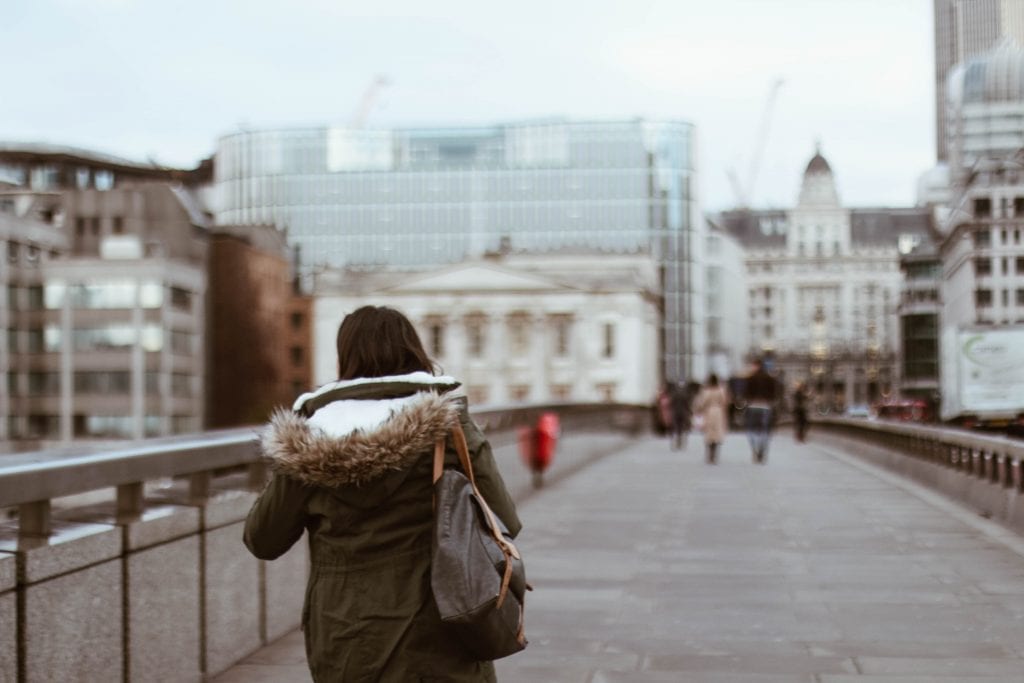
Travelling locally
Travelling in and out of the local area should be avoided as per the new guidelines. If possible, one should reduce the number of journeys that they make in a day and only travel outside the house if it needs to be. However, travelling locally is still allowed for a number of reasons, that includes:
- Travelling for work, in cases where your work cannot be done at home, such as construction, manufacturing, and more.
- Travelling for education, where student from primary school, high school, sixth forms and universities would need to attend lessons at school.
- Travelling in case if you are a carer for someone.
- Travelling to hospitals, GP surgeries and other medical appointments where you are concerned about your overall well-being and for any health issues. In circumstances of accidents, you can of course travel to A&E.
- Travelling to essential retails, like pharmacies and supermarkets in cases where you cannot find the delivery slots available.
- Getting outside the house in the communal gardens for exercise. Making short journeys to nearby parks is also allowed for jogging purposes. Getting some fresh air and moving around in the private gardens is highly recommended for maintaining one’s good health.
In case you really have to travel, the new guidelines encourage everyone to either use their own private cars, walk or cycle when possible. If you have hospital or GP appointments, it is recommended to plan your journey ahead of the time and try your best possible to avoid making journeys via public transport. Avoiding public transport would mean you observing social distancing, which is very much needed right now.
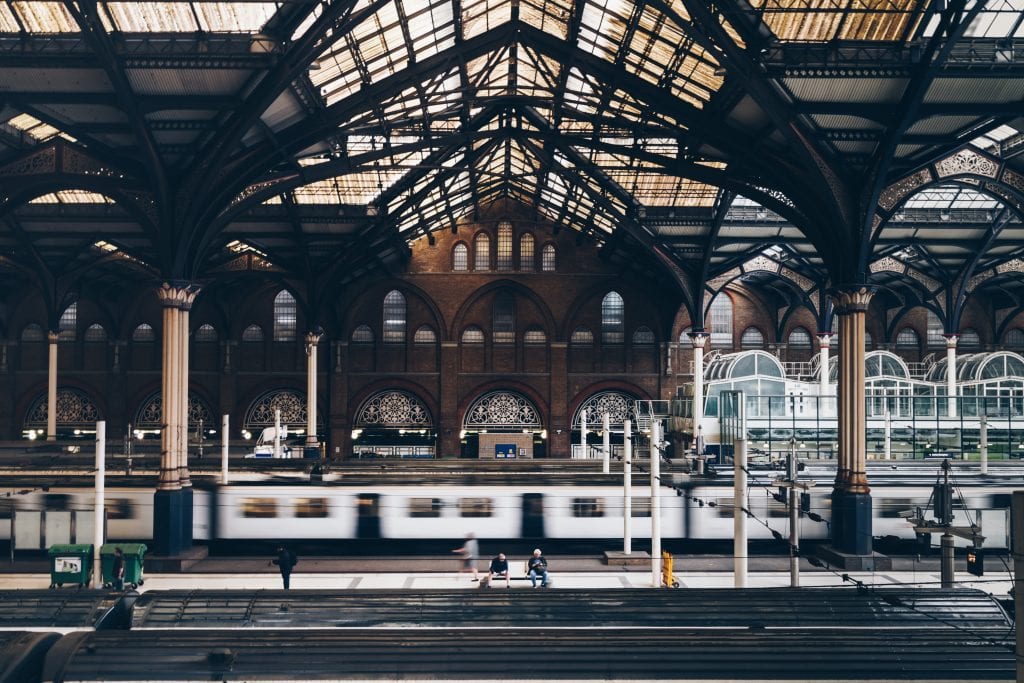
Travelling nationally
Travelling in the country for overnight holidays is prohibited. Whether it be travelling to and staying in a second home (if you own a second home), relative’s or friend’s house, or Airbnb and hotels is not allowed at all.
There are some exceptions for travelling in the UK, which includes:
- Travelling if one needs to stay away from home for work.
- Travelling if one needs to stay away from home for education.
- Travelling if one needs to stay away from home for legally permitted reasons.
However, these exceptions are not legit in some cases like:
- If one is experiencing any possible symptoms of coronavirus
- If one is self-isolating as a result of coronavirus symptoms and/or positive test
- If one is sharing a household or a support bubble with somebody who has coronavirus symptoms
- If one has been asked by NHS Test and Trace to self-isolate.
There might be instances when public transport would have to be used to travel to work or medical appointments, one should follow the safer travel guidelines given out by the government earlier. These include, but are not limited to:
- Wearing a face mask.
- Wearing gloves to protect your hands touching the surfaces.
- Keeping and using a hand sanitiser with you all the time.
- Maintain a 2-metre distance from people around you.
There is some advice available on sharing a car with another person. It is prohibited to share a car with someone from outside your household or your support bubble unless you are sitting behind/front of them so the social distancing can still be practiced.
Read more: England under second lockdown: New travel guidelines
Face-mask exemptions
There are face covering exemptions for people who have relevant health problems like breathing issues or asthma, age or other disability reasons. But it is not mandatory to keep an exemption card/badge for such situation, but it is good to have one in case you are asked to provide it as a proof.
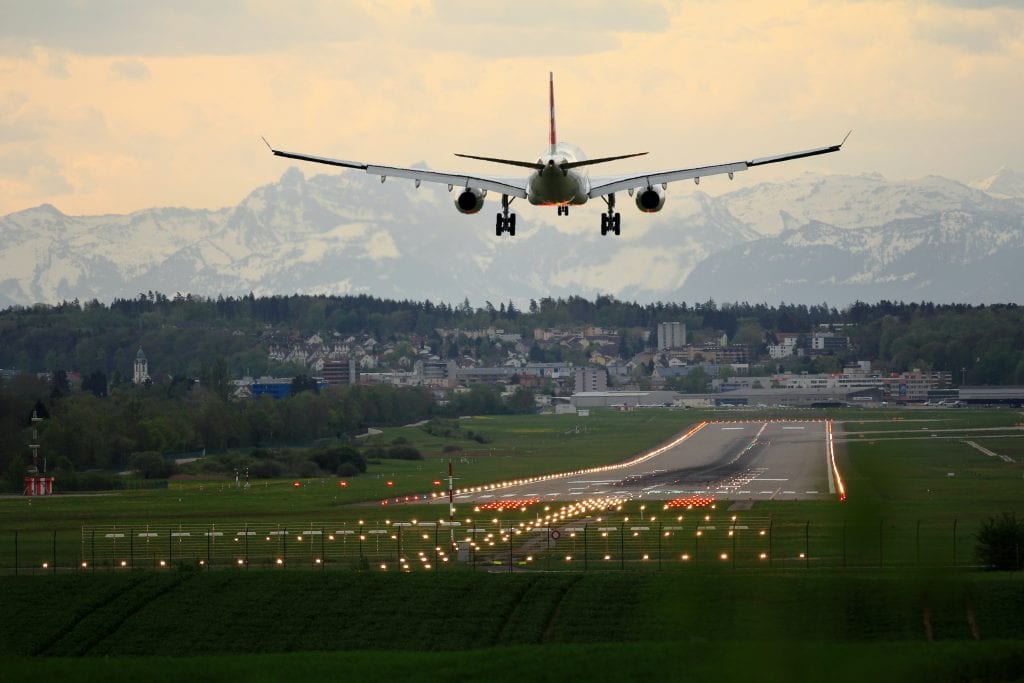
Travelling internationally
Travelling outside of the UK is banned right now under the new travel restrictions set out by the government. However, there are exemptions of travelling abroad for work, health or any legal issues.
British residents currently abroad do not have to return back to the UK immediately. However, you should check with your airline or travel operator on arrangements for returning. In any case possible, 14 days of quarantine is mandatory.
Anyone who is still planning to travel to the UK, should first check the current status of the travel corridor list to see whether they need to self-isolate upon arrival. Also, it is mandatory to fill in this travel form before you have arrived in the UK.
For those planning to travel into England, you should check the current travel corridor list to see whether you need to isolate for 14 days. Once you have arrived in the UK, you will still need to abide by the restrictions set even if you do not need to self-isolate according to the travel corridor status.
If you have to travel abroad between 5 November and 2 December, you need to be legally allowed to do so, i.e. work or health, you need to look at the rules in place at your destination of travel on the FCDO travel advice.
At the time of first lockdown, many people kept travelling back and forth, which made it worse and many people were affected and many had died, unfortunately. To make sure this doesn’t happen again, avoid travelling where possible.
Many airlines are now providing either full refunds or e-vouchers for the flight cancellations, so it is preferred to check with the airline you are travelling with and make amendments to your bookings. Travel only when it is safe to do so.
Stay home, stay safe! XX

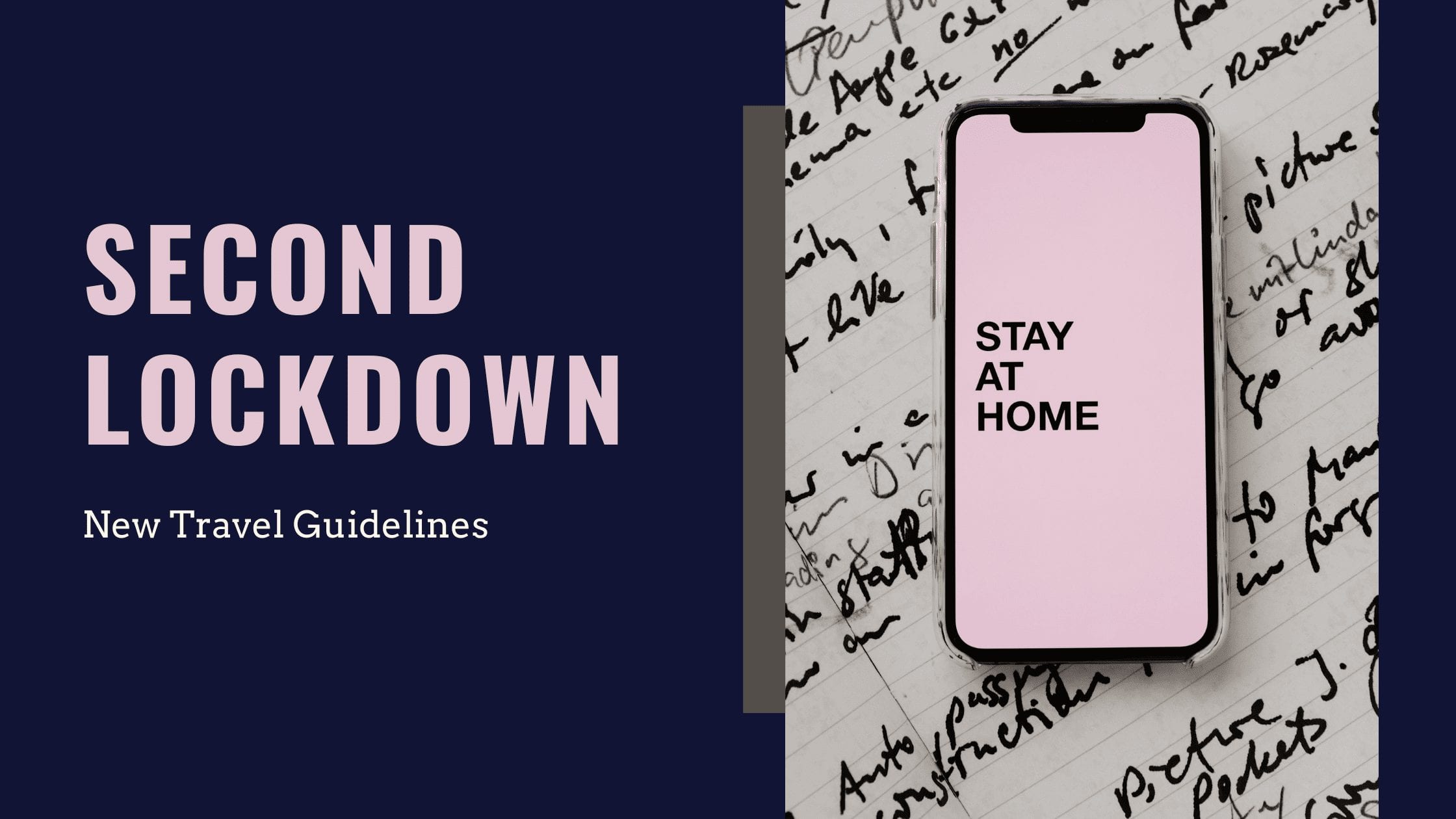


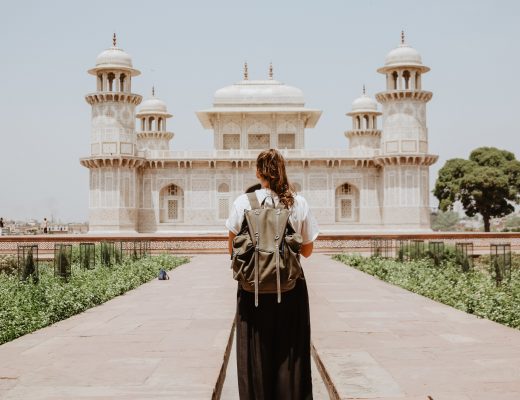






1 Comment
[…] the latest travel restrictions within UK on our sister […]